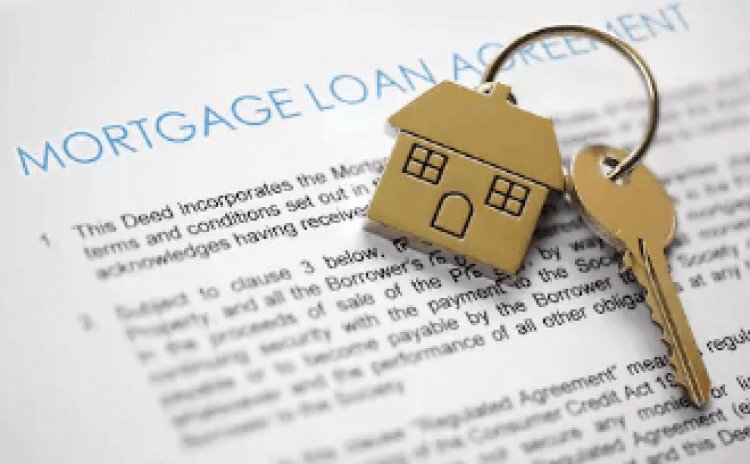A Beginner's Guide to Mortgage Refinancing

What does it mean to refinance your mortgage?
When you refinance your home mortgage your bank or lender pays off the balance of your old mortgage in exchange for a new mortgage. For most, they refinance their mortgages in order to lower their interest rate and earn cash from their home equity.
There are two different kinds of ways to refinance your home: rate and term or cash-out.
Rate and Term Refinancing
Rate and term refinancing is when you shortening the time span of your new mortgage payment term as well as lowering the interest rate. It is best to consider refinancing when interest rates for your current loan term are lowered; by comparison, you would be making similar monthly payments for a shorter term. There is also the lower interest rate that comes with the 15-year term.
Even if this holds true for your mortgage, you should be sure to find how many months it will be until you reach the break-even point. To do so, you would divide the closing costs by the amount you save each month from your new interest rate. The final number will be how many months it will take to break even with your new loan.
Cash-Out Refinancing
Cash-out refinancing is where you can refinance up to 80% of your current home value for, you guessed it, cash. The money given to you by your bank or lender can be spent however you want, whether you put the money back into your house for improvements or use it for other personal reasons.
Although, this type of refinancing does not always ensure a profit. By cashing-out, you also increase your lien thereby leading to longer or larger term payments. The cash-out option does come at a cost.
How a Higher Credit Score can Help You
Mortgage rates are controlled and measured on both macroeconomic and microeconomic levels. While we won't focus on macroeconomics, for now, microeconomic impacts, such as your credit score, can help lower your interest rates on your mortgage.
Each point of your credit score is equivalent to one percentage point of your loan. Your bank or lender will then lower your rates which would be most profitable if you planned to keep your mortgage long term. The usage of points is also tax-deductible, presuming that you itemize your deductions.
On the whole, there is no universal answer to home refinancing. Refinancing your home is a process that takes large consideration followed by meticulous planning.

 Kerubo Ondieki
Kerubo Ondieki 































